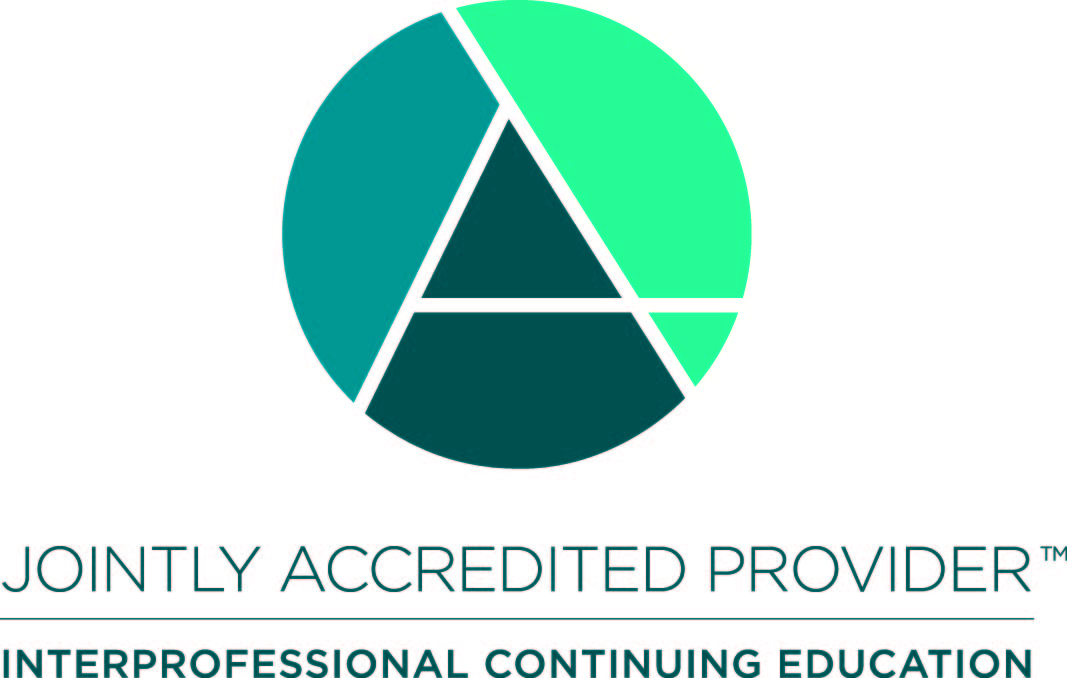Beans for Beans: Should we pay people to donate organs? - Christina Papageorge, MD, MS
Learning Objectives
Upon completion of this activity, participants will be able to:
1. Discuss the implications of organ donation
2. Identify the ethical concepts that guide organ transplantation
3. Classify a potential model that could be implemented for paid organ donation
| Christina Papageorge, MD, MS Presenter | Anne Lidor, MD, MPH Chair | Dorothy Cook RSS Coordinator |
| Rebecca Minter, MD Planner | Mary Beth Henry, RN, MS, CS, APNP Planner | Lee Wilke, MD Planner |
| Sara Scott, BSc OCPD Staff | Kimberly Sprecker, PhD OCPD Staff |
FACULTY DISCLOSURE
It is the policy of the University of Wisconsin–Madison ICEP that the faculty, authors, planners, and other persons who may influence content of this CE activity disclose all relevant financial relationships with commercial interests* in order to allow CE staff to identify and resolve any potential conflicts of interest. Faculty must also disclose any planned discussions of unlabeled/unapproved uses of drugs or devices during the educational activity. For this educational activity all conflicts of interests have been resolved and detailed disclosures are listed below:
Christina Papageorge, MD, MS: No relevant financial relationships to disclose in regard to this activity.
Anne Lidor, MD, MPH: No relevant financial relationships to disclose in regard to this activity.
Mary Beth Henry, RN, MS, CS, APNP: No relevant financial relationships to disclose in regard to this activity.
Lee Wilke, MD: Elucent (Stock holder or Other Ownership Interest Holder).
Rebecca Minter, MD: No relevant financial relationships to disclose in regard to this activity.
Sara Scott, BSc: No relevant financial relationships to disclose in regard to this activity.
Kimberly Sprecker, PhD: No relevant financial relationships to disclose in regard to this activity.
Dorothy Cook: No relevant financial relationships to disclose in regard to this activity.
* The ACCME defines a commercial interest as any entity producing, marketing, re-selling, or distributing health care goods or services consumed by, or used on, patients. The ACCME does not consider providers of clinical service directly to patients to be commercial interests.
Disclosure of Unlabeled Use: The University of Wisconsin–Madison ICEP advises the participant that this continuing medical education activity does NOT contain reference(s) to unlabeled or unapproved uses of drugs or devices
Accreditation Statement
 | In support of improving patient care, the University of Wisconsin–Madison ICEP is jointly accredited by the Accreditation Council for Continuing Medical Education (ACCME), the Accreditation Council for Pharmacy Education (ACPE), and the American Nurses Credentialing Center (ANCC) to provide continuing education for the healthcare team. |
Credit Designation Statements
American Board of Surgery (ABS)
Successful completion of this CME activity, which includes participation in the evaluation component, enables the participant to earn up to 1 Medical Knowledge MOC points in the American Board of Surgery's (ABS) Maintenance of Certification (MOC) program. Participants will earn MOC points equivalent to the amount of CME credits claimed for the activity. It is the CME activity provider's responsibility to submit participant completion information to ACCME for the purpose of granting ABS MOC credit.
American Medical Association
The University of Wisconsin–Madison ICEP designates this live activity for a maximum of 1.0 AMA PRA Category 1 Credits™. Physicians should claim only the credit commensurate with the extent of their participation in the activity.
American Nurses Credentialing Center (ANCC)
The University of Wisconsin–Madison ICEP designates this live activity for a maximum of 1 ANCC contact hour.
The University of Wisconsin–Madison School of Nursing is Iowa Board of Nursing provider 350.
Continuing Education Units
The University of Wisconsin–Madison, as a member of the University Continuing Education Association (UCEA), authorizes this program for 0.1 continuing education units (CEUs) or 1 hour.
Available Credit
- 1.00 MOC: ABS Lifelong Learning & Self-Assessment Points (Part II)This activity meets the ABS requirements for CME and self‐assessment credit toward Part 2 of the ABS MOC program.
- 1.00 AMA PRA Category 1 Credit™
- 1.00 ANCC Contact Hours
- 1.00 University of Wisconsin–Madison Continuing Education Hours

 Facebook
Facebook X
X LinkedIn
LinkedIn Forward
Forward